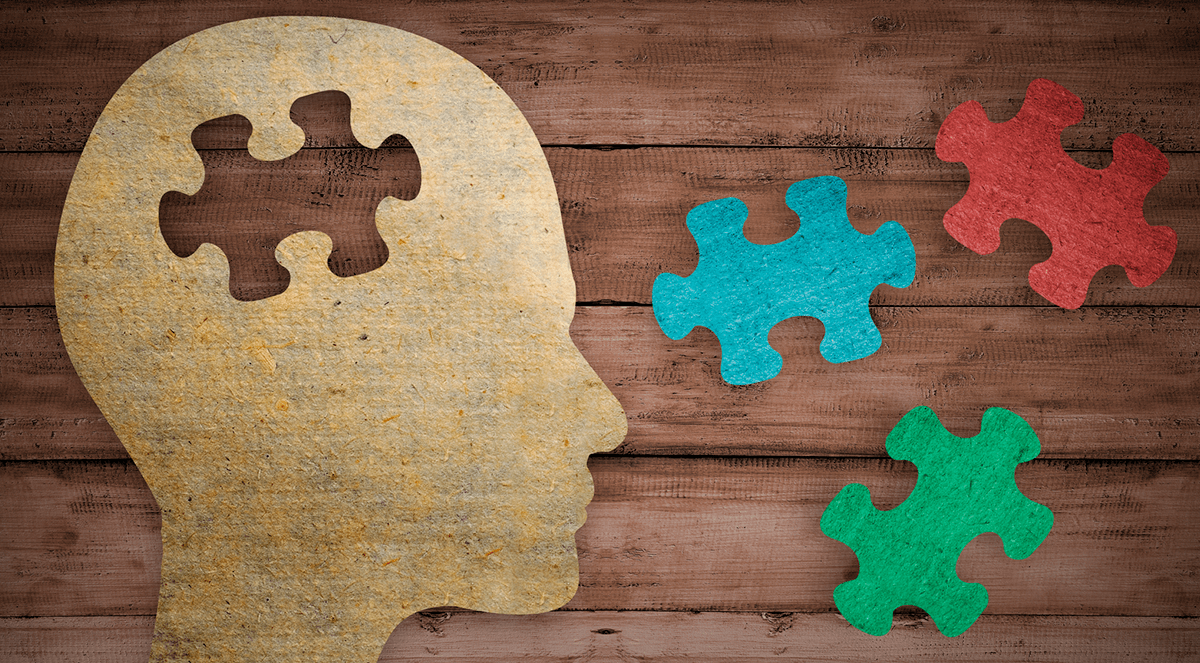To assess whether adolescent athletes were affected or not in terms of mental health by the long duration at home linked to isolation enforced during the COVID-19 pandemic.
The study included 940 team athletes, 274 individual athletes, and 131 nonathlete controls aged 12-17 years. Demographic data were obtained with a form including questions about age, sex, sports type, and physical activity status (type, duration, and frequency) during the isolation period. Participants completed the Children’s Revised Impact of Event Scale-13, Center for Epidemiological Studies Depression Scale for Children, and State-Trait Anxiety Inventory for Children.
Among participants, 88% did not meet the physical activity recommendations for children and adolescents, while 42.8% felt depressed. Depressive symptoms were present in 38.1% of boys and 59.7% of girls, with girls (6.4%) having higher posttraumatic stress symptoms than boys (3.5%). Among athletes, depressive and anxiety symptoms were lower compared with nonathlete controls (P .05). The depression (P = .518), state (P = .866), and trait anxiety (P = .507) symptoms were similar between team athletes and individual athletes.
Though adolescent athletes’ depression, anxiety, and posttraumatic stress symptoms were significantly lower than nonathlete controls, athletes also had high depression levels. These findings show the need to take precautions to protect the psychological health of not only nonathletes, but also athletes in the pandemic period.
Effects of Long-Duration Home Isolation Linked to the COVID-19 Pandemic on Mental Health of Adolescent Athletes.


